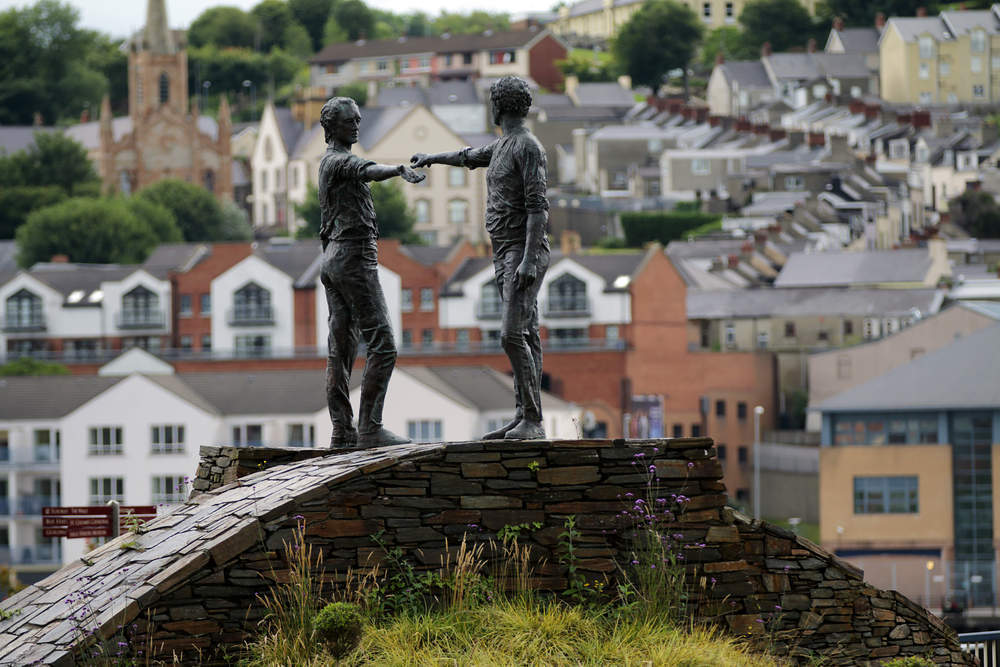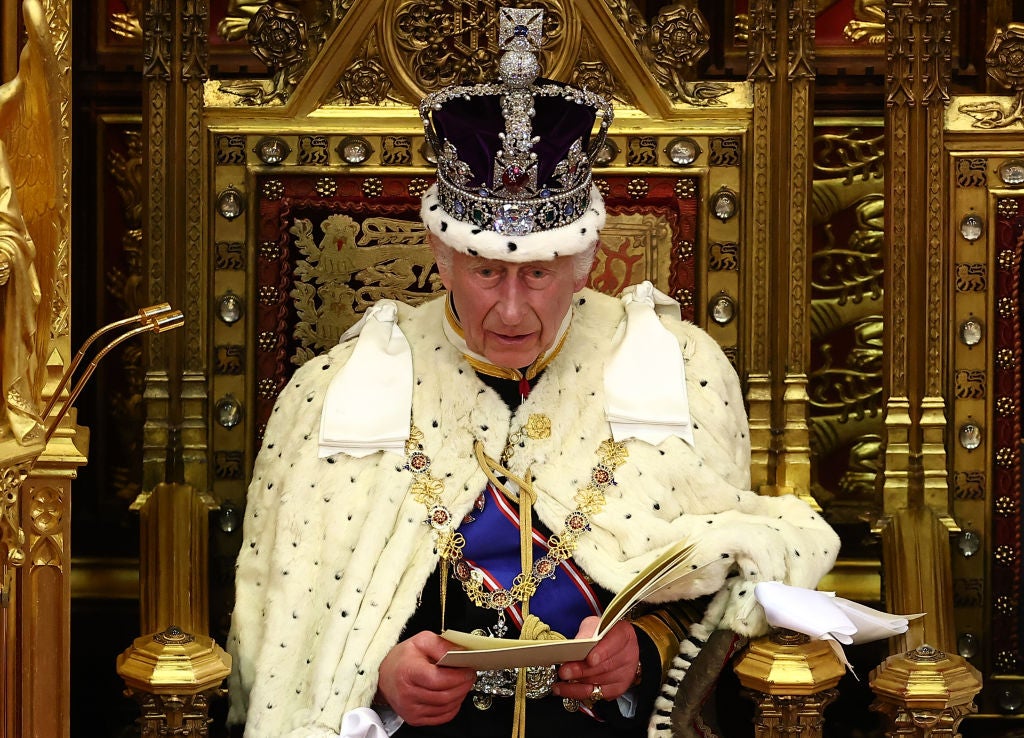The UK is a heavily divided country politically.
One of the clearest boundaries is the split between urban and rural areas, and particularly between successful cities and more deprived rural regions.
The metropolitan population have utterly different political concerns and opinions to their rural neighbours; a situation not helped by our incredibly centralised government.
Cities in general are more ethnically diverse than rural areas, leading to people being more accepting simply by exposure to those who are different; similarly cities are younger on average, meaning a higher number of people who have grown up used to social conditions that might have been seen as radical a handful of decades ago.
Building on these simple differences, booming cosmopolitan areas have high pay-high skill jobs available; simultaneously deprived rural areas are seeing their local economy increasingly dependent on low pay-low skill jobs or precariously relying on a single industry.
The economic consequences of this division are quite natural; our most successful metropolitan areas are looking to the future with hope, while our most deprived regions seek a return to the Britain of their more successful past.
How well do you really know your competitors?
Access the most comprehensive Company Profiles on the market, powered by GlobalData. Save hours of research. Gain competitive edge.

Thank you!
Your download email will arrive shortly
Not ready to buy yet? Download a free sample
We are confident about the unique quality of our Company Profiles. However, we want you to make the most beneficial decision for your business, so we offer a free sample that you can download by submitting the below form
By GlobalDataBridging the political gap between these locations will be challenging, and depends on bringing economic growth to all.
The consolidation of power in Whitehall means that even for politicians looking to help struggling locations, efforts are very slow and seemingly unresponsive simply due to the number of systems they need to percolate through.
Enflaming the problem, distrust of politicians and the government is very high; in such an environment it is possible that even as situations improve, popular opinions will remain entrenched and resistant to policies intended to be beneficial.
The UK’s coming split from the European Union creates a slim opportunity here.
As the EU funding which created programs to support less successful areas disappears, the government has the chance to step in and recreate our own versions.
We could devolve powers to a much more local level, and give adequate support to areas less adapted to the new global economy.
On the other hand, Brexit also gives the government the opportunity to claim more power, and centralise the country further; the increased difficulty of moulding policy to local conditions could then slow and reduce the benefits seen and contribute to the ossification of political separation.
A division along these lines is hardly unique to the UK. In the US, the urban-rural divide has been a fact of politics for a long time.
As the rural US stagnates and small industries die out, the population feel rightly hard done by and seek an end to policies they see as harming them; much of the metropolitan US on the other hand sees strong economic growth and a melting pot culture which favours expansion of welfare and internationalism.
This divide is what let US president Trump win the election soundly, despite a minority of the vote.
As the UK begins gearing up for a snap general election, it is important for party organisers and campaigners to realise the stark differences between different constituencies.
An election won by a party ignoring either rural or urban voters will reduce trust in the government and divide the country further. It will take a skilled political actor to heal the rifts and reunite the urban and rural populations.







